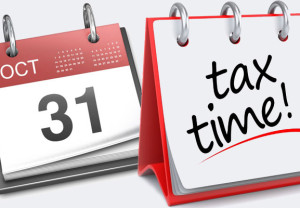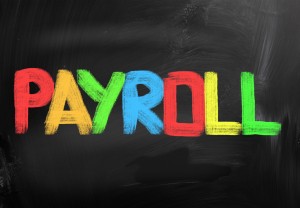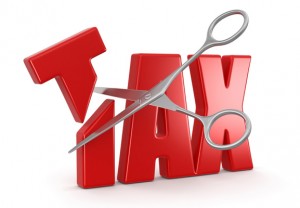10 Tips to Manage your finances in 2016
The new year is the perfect time to set goals for yourself. Perhaps you want to plan a holiday, buy a new car or do some home renovations.
To ensure that you have the necessary finances to achieve your goals, set yourself a budget. We know this sounds boring, but if you want your goals to become a reality, this is the best way.
Check out our 10 top tips to manage finances in 2016
1. Track your monthly spending
Record all of your expenses for an entire month. Include everything, whether it be coffees, fares, loan repayments, petrol etc, and include all direct debits. At the end of the month, check each item on your list. Could you easily trim some of them? Keeping track of your spending is the first step in reducing it, so if you get into the habit of recording your expenses, then you’ll start to manage your finances more efficiently.
2. Develop a budget you can follow
Using the data you’ve compiled by recording your monthly expenses, you can develop a realistic budget that is easy to live with plus keep track of your various expenses.
3. Allow for some savings
Your savings are your “Rainy Day Fund”, which is important when unforeseen expenses or emergencies arise. As soon as you get paid, transfer 10% of your wages into a savings account. Get into the habit of doing this each pay day and it will soon add up.
4. Pay your bills on time
To avoid incurring costly late payment charges, make an inventory of your bills and set payment reminders for the dates when each one is due.
5. Set yourself an entertainment budget and take it out each month in cash
Once you have spent it, it’s gone, so think about what you want to do each week. Also, by taking out the cash it makes it easier to track your spending.
6. Eliminate credit card debt
Credit cards can make it easy to overspend without thinking and if you are only paying off the minimum amount each month it will cost you heaps in interest charges. Stop using your cards, remove them from your wallet and hide them so you won’t be tempted to use them. Alternatively, check out some of the great interest free periods some cards offer on balance transfers, get one of these and then transfer what you owe on your card. This way you can pay them off without racking up interest.
7. Minimise your tax
Speak to your accountant about what you can claim for and keep all relevant receipts for claimable items. A good accountant will advise you on what you can rightfully claim and perhaps pay less tax in future.
8. Spring clean your direct debits
Take the time to review all the direct debits you have set up. These are so easy to set and forget which is why businesses love to use them. Are there any direct debits for things you no longer use? If so cancel them.
9. Assess your insurance policies
Insurance protects you and your family against financial hardships and the premiums you pay can be one of your top expenses. Talk with your provider to ensure sure you have the appropriate level of protection and that you’re not paying too much for cover.
10. Take the time to shop around
When your insurance policies come up for renewal, take the time to research the market for a better deal elsewhere but ensure you can get the same level of cover. Or ask your provider if they can do a better deal for you. You’ll be amazed at the discounts you can get by simply asking.
If you want to improve your personal finances, then speak to the team at BSN & Co. We can review everything, look at possible tax savings and generally help you manage your finances in 2016.








Comments are now closed for this article.